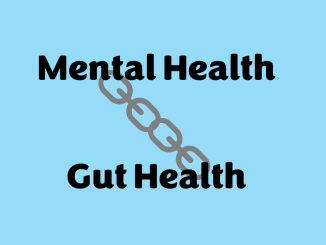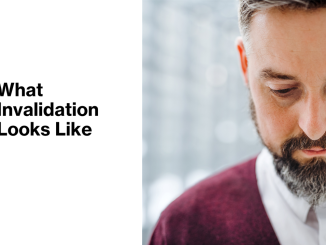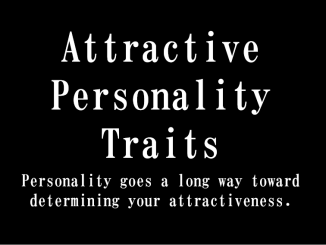There is little doubt that our lives today are more complex than those of the generations before us.
Sure, we have many luxuries today that people not long ago could only dream of, even simple things like clean drinking water and electric lights were once just a futuristic fantasy.
That’s not even to mention the opportunity to fly easily and affordably to other continents, or the ready availability of devices at our fingertips that allow us to connect anywhere at any time and search vast resources of knowledge and information.
But what has arisen with technological and social advancements is choice. And with choice comes complexity.
Today, we have so many choices and many paths we can consider.
For example, a school leaver in Australia today has dozens of potential career opportunities. Not long ago you might have only had a handful of career options as a man, and a woman was probably destined to be a wife and mum.
We can choose how we look, where we live, where we work, where we holiday, how many children we want, whether we want to be married or not etc.
And this is all extra complexity that our ancestors never had.
Jordan Peterson, the renowned psychologist, believes this complexity is a fundamental problem in human happiness today.
In this lecture he delivered at the University of Toronto in 2017, Dr. Peterson shares his lived experience as a Clinical Psychologist, explaining how significantly complexity is affecting us today.
In my experience as a Counsellor, I agree with Dr. Peterson that you do see on a regular basis that we all have a certain amount (and a varying amount) of absorbency.
Most of us are “OK” if our health, relationships, career, family, finances, etc., are doing alright. If things are settled, safe, predictable, and fulfilling we generally get through without too much stress.
We can soak up the bumps and bruises and carry on.
But if things shift negatively over a period of time or sharper intensity, we start to use up the absorbency that we have. As he says, “We (then) tend to blow out at our weakest point”.
This essentially means that our vulnerabilities start becoming more evident, and start to be seen and felt.
These weaknesses can be things like jealousy, feeling overwhelmed, elevated emotionality, physiological/health vulnerability, poor decision-making, and bad habits that can sneak up on us.
So, beware of complexity. Sure, it is great to have options, and some people like a busy life, but self-care and self-awareness are vital in ensuring you’re not running your battery down and making yourself unhappy in the process.



